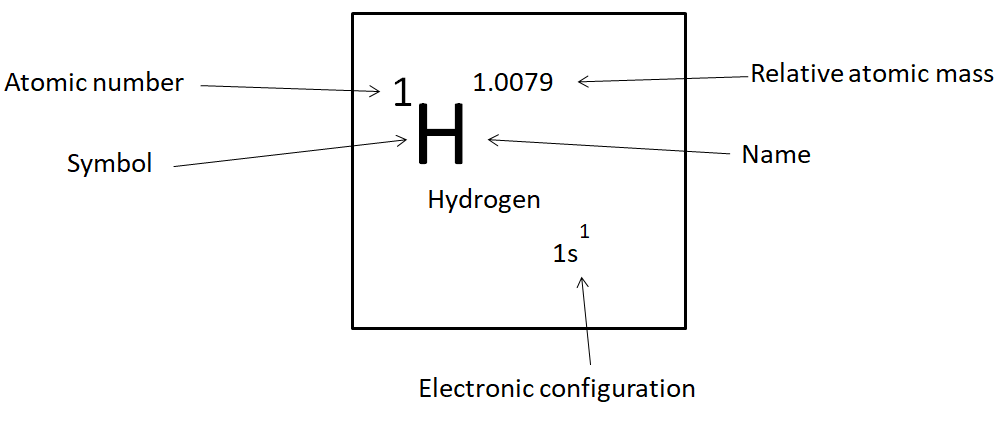
Where do we find Hydrogen?
Answer
492.9k+ views
Hint: Hydrogen is the first element of the periodic table, discovered by Henry Cavendish in the year of $ 1766 $ . The crystal structure of the hydrogen is hexagonal. However it was Robert Boyle who proposed the formation of a gas ( later found to be hydrogen gas ) during the reaction of iron with dilute acids in the year of $ 1671 $ .
Complete answer:
In $ 1671 $ Robert Boyle was the first person to propose the formation of a gas during the reaction of iron with dilute acids. In $ 1766 $ it was Henry Cavendish who discovered a gas. But the hydrogen name was given by Antonie Lavoisier in the year of $ 1783 $ . In Greek language, hydrogen means water creator. This is true as water requires two atoms of hydrogen and one atom of oxygen.
The representation of hydrogen is as: -

Hydrogen is found in the (i) earth’s atmosphere, crust, (ii) stars like sun, (iii) Hydrogen is exclusively present on the planet of Jupiter ( thus jupiter got its name as a gas planet ), (iv) water, (v) several salts like hydrochloric acid, (vi) can also be synthesised as hydrogen gas in reactions like electrolysis of water, by the action of metal and acids, (vii) hydrogen gas is also produced in syngas reaction, (viii) by product in lane’s process, and many more.
Note :
Hydrogen is the only atom known which does not have any proton in it. A hydrogen has only one proton and one electron. However the isotopes of hydrogen have neutrons in them. The isotopes of hydrogen are deuterium and tritium. In the case of deuterium, it has one proton, one neutron and one electron whereas in tritium it has one proton, two neutrons and one electron only.
Complete answer:
In $ 1671 $ Robert Boyle was the first person to propose the formation of a gas during the reaction of iron with dilute acids. In $ 1766 $ it was Henry Cavendish who discovered a gas. But the hydrogen name was given by Antonie Lavoisier in the year of $ 1783 $ . In Greek language, hydrogen means water creator. This is true as water requires two atoms of hydrogen and one atom of oxygen.
The representation of hydrogen is as: -

Hydrogen is found in the (i) earth’s atmosphere, crust, (ii) stars like sun, (iii) Hydrogen is exclusively present on the planet of Jupiter ( thus jupiter got its name as a gas planet ), (iv) water, (v) several salts like hydrochloric acid, (vi) can also be synthesised as hydrogen gas in reactions like electrolysis of water, by the action of metal and acids, (vii) hydrogen gas is also produced in syngas reaction, (viii) by product in lane’s process, and many more.
Note :
Hydrogen is the only atom known which does not have any proton in it. A hydrogen has only one proton and one electron. However the isotopes of hydrogen have neutrons in them. The isotopes of hydrogen are deuterium and tritium. In the case of deuterium, it has one proton, one neutron and one electron whereas in tritium it has one proton, two neutrons and one electron only.
Recently Updated Pages
Master Class 11 Computer Science: Engaging Questions & Answers for Success

Master Class 11 Business Studies: Engaging Questions & Answers for Success

Master Class 11 Economics: Engaging Questions & Answers for Success

Master Class 11 English: Engaging Questions & Answers for Success

Master Class 11 Maths: Engaging Questions & Answers for Success

Master Class 11 Biology: Engaging Questions & Answers for Success

Trending doubts
One Metric ton is equal to kg A 10000 B 1000 C 100 class 11 physics CBSE

There are 720 permutations of the digits 1 2 3 4 5 class 11 maths CBSE

Discuss the various forms of bacteria class 11 biology CBSE

Draw a diagram of a plant cell and label at least eight class 11 biology CBSE

State the laws of reflection of light

Explain zero factorial class 11 maths CBSE




